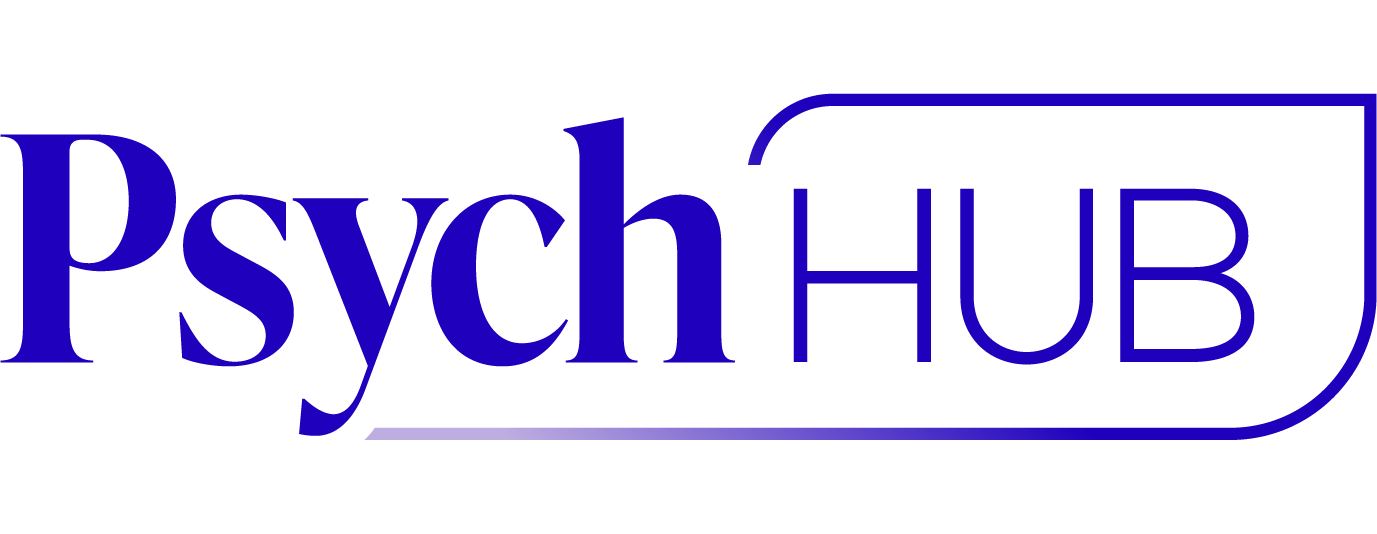Cognitive Behavioral Therapy for
Reducing Suicide Risk
Advanced | Clinical Interventions
2.75-3.50 CE Credits| 3 Hrs. 30 Min.
ce information >
About the Course
Mental health professionals and healthcare providers make up a large part of the front line of defense against suicide. This course was created to equip you as a clinician to not only bring up the topic of suicide with your clients but also help them prepare for and manage suicidal crises through the use of cognitive behavioral therapy. Cognitive Behavioral Therapy for Reducing Suicide Risk starts by showing how to promote client engagement while screening for and assessing suicide risk. Then it moves forward to provide cognitive, behavioral, and emotionally focused strategies for treating suicide risk. The course finishes with discussions on how you, as a clinician, can handle self-care and protect yourself against burnout and secondary trauma. Throughout its three modules, Cognitive Behavioral Therapy for Reducing Suicide Risk uses a selection of learning tools such as live filmed role plays, instructive animations, and interactive assessments that will enable you to address the difficult topic of suicide empathically. With the support of subject matter experts, printable resources, and supplemental videos, Cognitive Behavioral Therapy for Reducing Suicide Risk will prove an invaluable asset to your practice.
NOTE: Cognitive Behavioral Therapy Foundations—A Skills-Based Approach is a prerequisite for this course. You cannot access this course unless you have completed Cognitive Behavioral Therapy Foundations.
Estimated Course Length: 2 hrs. 27 min
Course Includes: 3 modules consisting of a mixed media approach with roleplays, video interviews with subject matter experts, animation explainer videos, knowledge games, and more
Companion Videos: 8 provider videos to highlight key concepts
Downloadable PDFs: 15 downloadable PDFs expanding on relevant course topics
Target Audience: Mental Health Providers (licensed professional counselors, licensed clinical social workers, licensed psychologists, licensed marriage and family therapists, psychiatrists, behavioral health nurses); Physicians; Nurses
Level of Instruction: Advanced
Prerequisite: None
Instructional Method: Self-paced, interactive, hybrid of audio, text, video, and learning checks
Accessibility Accommodations: Closed captioning of all audio and video components
After completing this course, you will be able to describe and employ the following:
-
Describe the relation between cognition, emotion and behavior. The description must include: a clinical understanding of how each element interacts to form a synopsis of how an individual perceives and reacts.
-
Relate cognitions to core beliefs and automatic thoughts, describing their modification through these five techniques: thought change records, Socratic questioning, decatastrophizing, examining the evidence, generating alternatives, and coping cards.
-
Assess behavior in the context of the CBT model and advise behavioral activation techniques for the following three techniques: activity scheduling, problem solving, and graded task assignments.
-
Summarize the following seven CBT strategies: reciprocal inhibition, exposure, relaxation, thought stopping, distraction, and breathing training in relation to coping with emotions.
-
Critically appraise CBT session structures that include addressing behavioral and coping modification, defining healthy coping mechanisms and techniques for clients, and interpreting client homework assignments.
-
Evaluate client progress using measurement-based care and assess client’s readiness for termination of therapy, and/or potential for relapse using the techniques of maintenance, anticipating setbacks, and booster sessions.
Course Activities for CE Credits: ≥ 3 hrs. 9 min
-
Pre-Course Assessment (6 minutes) [EXCLUDED FROM ACTIVITIES FOR NBCC & CAMFT CREDIT]
-
Module 1: Introducing the Cognitive Behavioral Model (20+ minutes)
-
Module 2: What Happens in the First Phase of Treatment? (24+ minutes)
-
Module 3: Restructuring the Cognitive (34+ minutes)
-
Module 4: Identifying Emotions and Altering Core Beliefs (20+ minutes)
-
Module 5: Applying Behavioral Intervention (21+ minutes)
-
Module 6: Coping Techniques and Behavioral Intervention (14+ minutes)
-
Module 7: Maintaining the Alliance with Your Client (18+ minutes)
-
Module 8: Ending Treatment and Preventing Relapse (18+ minutes)
-
Theory Tank (9+ minutes)
-
Post-Course Assessment (6 minutes) [EXCLUDED FROM ACTIVITIES FOR NBCC & CAMFT CREDIT]


